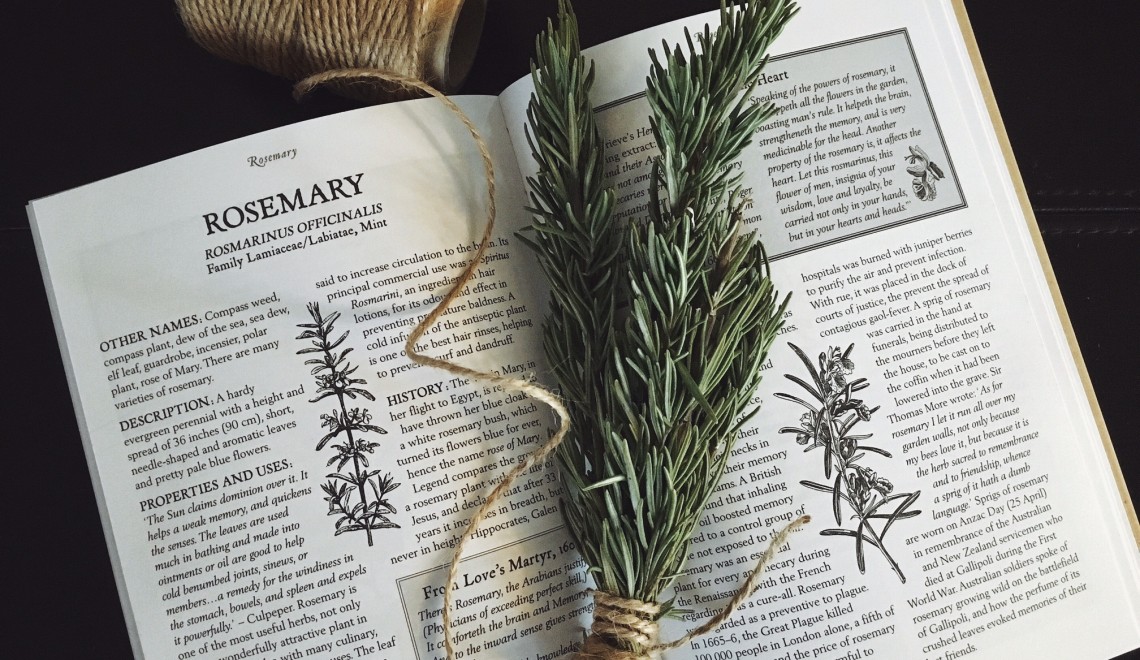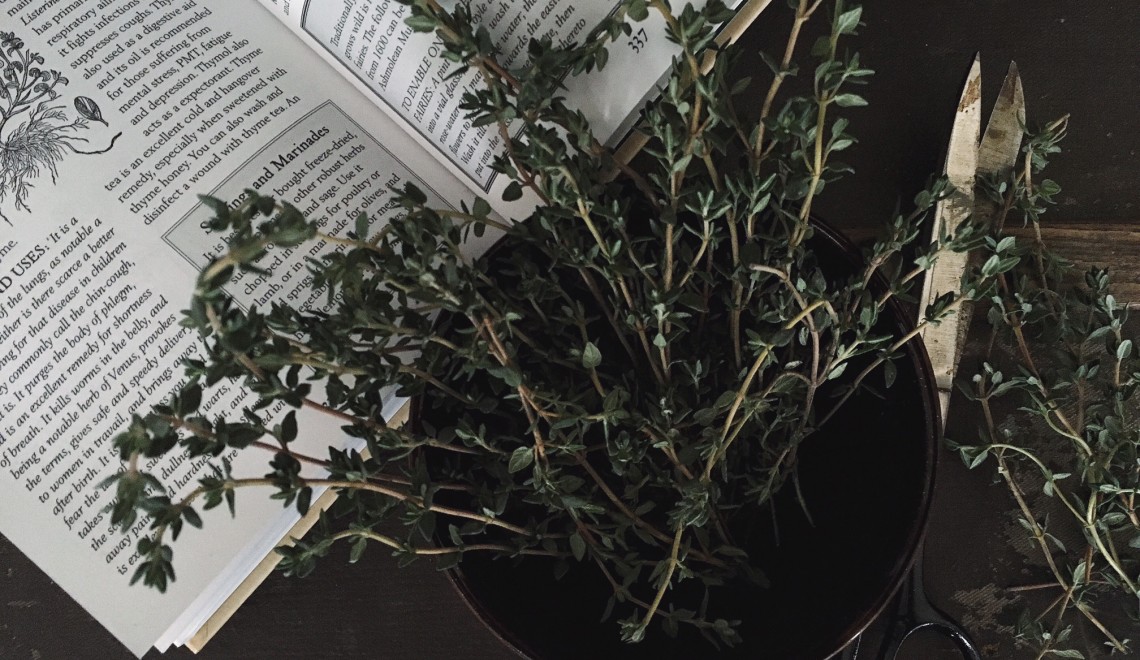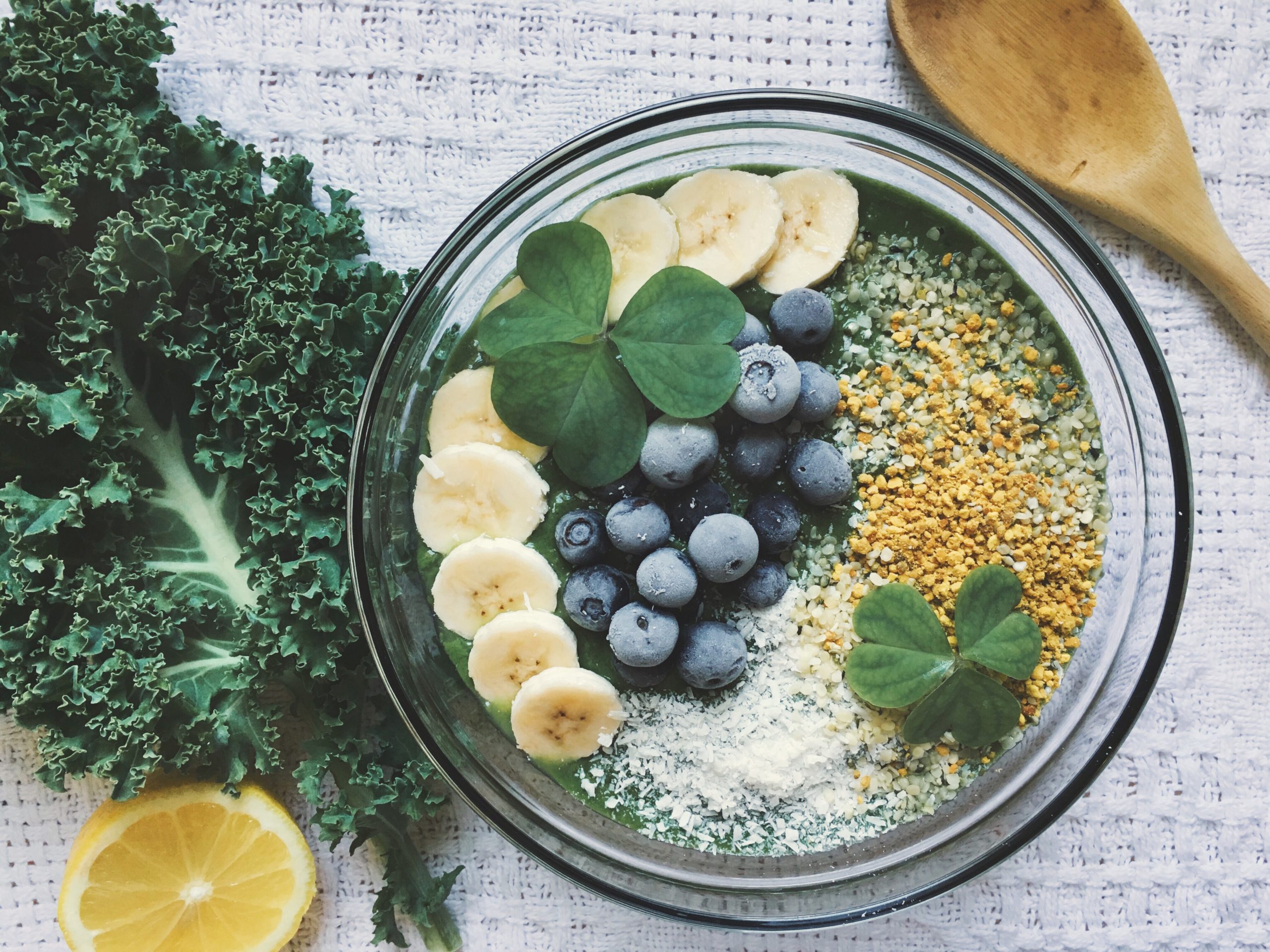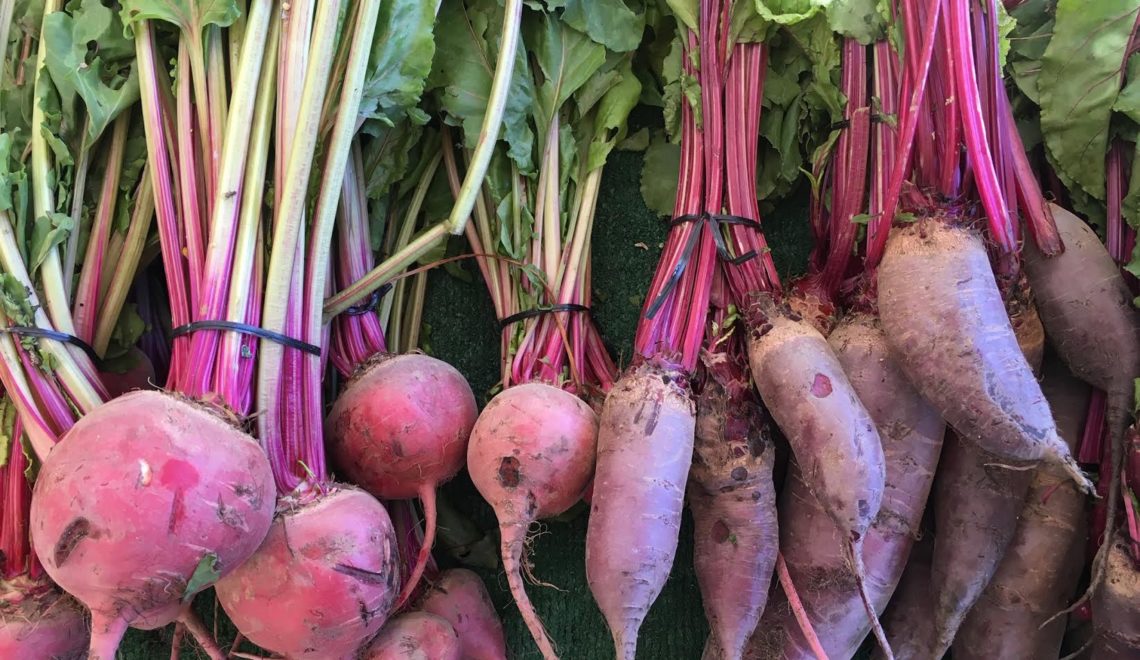Herbs 101: The Uses and Benefits of Rosemary

One of the most common herbs, and probably the most taken for granted is rosemary (Rosmarinus officinalis) or “dew of the sea” when translated from Latin. This aromatic shrub with its needle-like leaves and pale blue flowers is native to the cliffs of the Mediterranean. The benefits of rosemary have been known for centuries as the herb has been used for everything from bathing and cooking to aromatherapy. Its crisp and intoxicating scent has been shown to help strengthen memory, relieve symptoms of depression and help stimulate circulation in the body.
When people hear the word “herb,” they usually don’t realize that these potent little additions to our meals or skin care are actually beneficial. Rosemary is an anti-oxidant, anti-inflammatory and anti-fungal. And is packed with potassium, calcium, iron and magnesium, as well as being rich in vitamins A, B and C.
When used in ritual, rosemary corresponds closest with the Moon and is sacred to friendship and remembrance. That seems logical considering that, since ancient times, the rich sprigs of this plant have held close ceremonial ties to weddings and funerals where it is burned as incense or simply adorns the bouquet of the bride or the casket of a loved one.
Here are just a few of the many uses and benefits of rosemary:
- Aromatherapy: Bundled, dried and burned as incense, rosemary helps purify and prevent air-born infections. It is also incredible accompanied by sage and lavender!
- Place a sprig or two of fresh rosemary in a spray bottle of distilled water. Let sit for a few hours and you have a fresh room spray.
- To help relieve a headache, try filling a large bowl half full with boiling water. Add 3-5 drops of essential Rosemary oil. Cover your head with a towel, close your eyes and breathe deeply through your nose.
- Healing: The invigorating properties of rosemary oil are incredibly useful in giving your circulation a jump-start.
- Add a few drops of oil to a warm bath or to carrier oil such as jojoba, to relieve soreness and tension as well as to improve circulation.
- Beauty: This oil has been used for hundreds of years as a hair care staple. It is thought that the invigorating and rejuvenating essences help stimulate hair growth.
- You can make an aromatic hair rinse by steeping some rosemary in boiling water for 15-20 minutes. Sift, let cool and pour into a spray bottle for easy application.
- Culinary: This is probably a given, considering that most of us are familiar with this herb as a kitchen staple. A few of our yummiest ways to include Rosemary are:
- Water. Yes, water! During the summer months we love having a mason jar filled with fresh rosemary and lemon infused water waiting for us in the fridge. Simply place 3 sprigs of the herb and a few slices of lemon in a large mason jar and fill with water.
- Super easy potatoes! Pre-heat oven to 350 degrees. Thinly slice a few potatoes of your liking (we enjoy little fingerling potatoes). Mince 2 cloves of garlic and the leaves of one large sprig of rosemary. Add to a mixing bowl with enough olive oil to toss and coat your potatoes. A salt and pepper. Bake 20-30 minutes flipping the potatoes after 15 minutes. Voila! So good on salads or dipped in homemade hummus or guac!

- Infused cocktails! The fresh taste and aroma of rosemary is amazing in cocktails; alcoholic or not. We decided to try our hand at an infused whiskey and it does not disappoint.
Here’s how: Place 3 sprigs of rosemary in a bottle of whiskey or bourbon of your choice and let sit overnight. We used and recommend Tamworth Distillery White Whiskey. To concoct your drink, simply add 2 parts infused whiskey, 1 part Sweet Vermouth (Dolin Sweet Vermouth), and two dashes of Angostura bitters. Shake, pour over ice and serve with a garnish of fresh rosemary. Sip & enjoy!
NOTE: Our “Herbs 101:” series continues with “The Essence of Thyme.“





